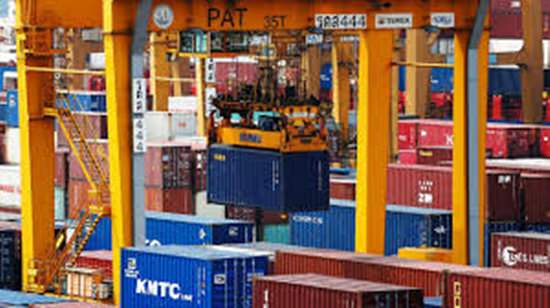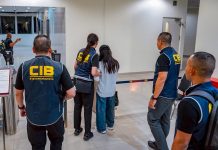
Bangkok – Following the recent smuggling of hazardous waste into the country, the Customs Department is ramping up its inspection of shipping containers and rejecting items that have not been declared.
Deputy Spokesperson of the Customs Department, Kreeta Kerdsipan revealed that since 2017, the country has imported up to 357,000 metric tons of plastic waste and 116,000 metric tons of electronic scrap. The quantity is expected to increase, following China’s ban on imports of plastic waste and electronic scrap in 2017.
Recently, Bangkok Port impounded 33 containers of electronic scrap mixed with copper and metal scrap. Laem Chabang Port also impounded between 80 and 90 containers and has since rejected 40 that contained over 90% plastic waste.
The Customs Department and the Department of Industrial Works have cooperated to ramp up the inspection process by x-ray screening all containers, instead of inspecting containers at random. Those found in violation will have their import licenses revoked.
According to a 2008 announcement by the Ministry of Industry, importers must obtain a license from the Department of Industrial Works to import plastic or electronic waste. Electronic waste can only be used as raw material for industrial purposes, and plastic waste must be separated by category. If found in violation of customs regulations, the importer must return the shipment to the country of origin and bear the costs themselves.
 |
 |





